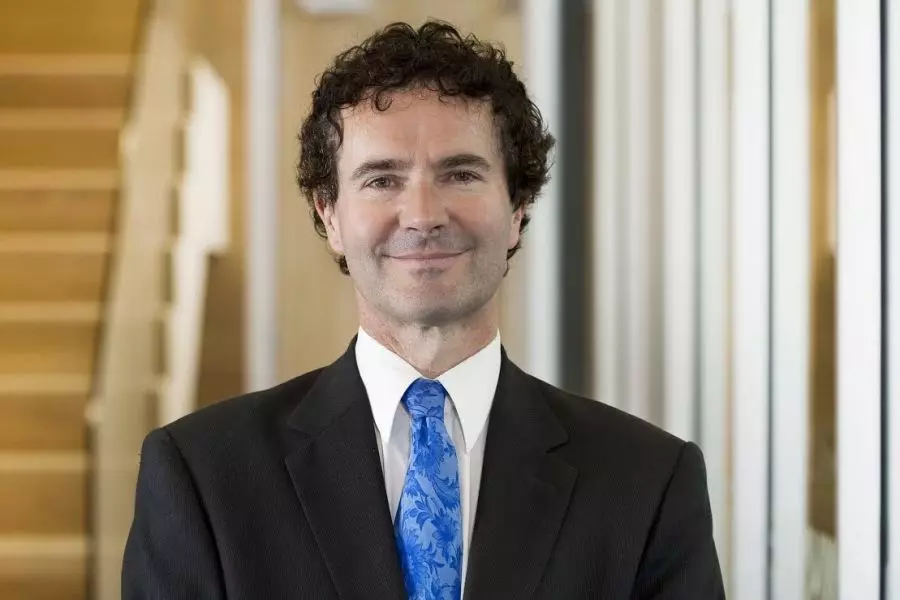
News
Investors continue to shy away from buying more property

Thursday 23rd of September 2021
This is a weak result, says Alexander, an independent economist.
However, it is in line with the situation from March to June this year.
Alexander says it represents some giving back of July’s improvement, which was itself substantially unwound in August. Most of the replies to the survey came in before the country went into lockdown.
“The result is consisten...
Want to read the full article?
Click the button below to subscribe and will have unlimited access to full article and all other articles on the site.





![[The Wrap] Bye Bye Bayly](https://goodreturns.publit.io/file/c_fill,w_900,h_600/39f23ac1-f7c7-4854-b700-a150004ebbac.webp)


